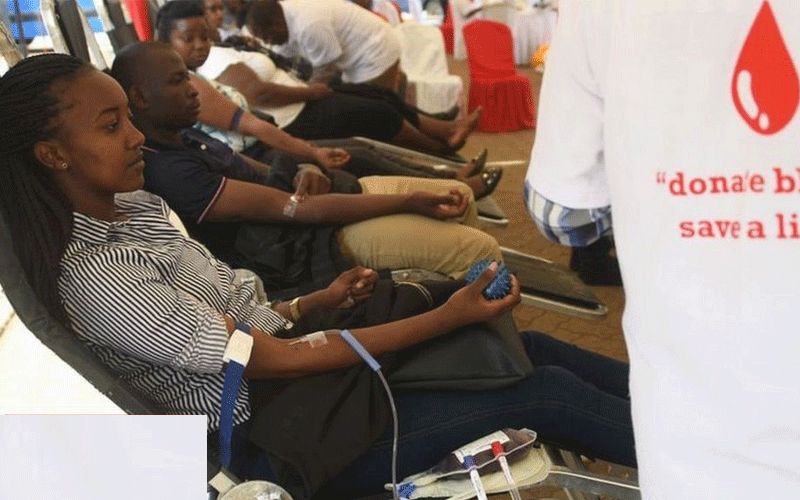The WHO official spoke from Congo-Brazzaville where WHO has a regional office.
Transfusions most often are needed by women after childbirth, children who are malnourished, anemic or infected with malaria, victims of trauma or accidents and patients with sickle cell anemia.
Many African countries have weak health systems that have been further compromised by COVID-19, Loua said, calling for more aid not only from donors but also from “developed countries, because we don't have sufficient resources.”
The WHO Advisor also indicated challenges involving convalescent plasma, drawn from recovered COVID-19 patients and used as an experimental therapy to treat new cases, saying that “in sub-Saharan Africa, most countries' national blood services have sufficient capability ... to collect, process and store convalescent plasma in a quality manner.”
WHO acclaims that a country’s annual blood need is about 1 percent of its population. At least 10 whole blood units per 1,000 populations are needed.
(Story continues below)
In Nigeria, the Lagos State commissioner for health, Akin Abayomi said the state requires about 260,000 units of blood annually to meet with the growing blood transfusion demand at health facilities in the state.
Addressing a virtual audience June 14 in the Zoom Live Feeds that was organized by the Lagos State Blood Transfusion Service (LSBTS) to commemorate this year’s World Blood Donor Day, Abayomi noted that efforts are being intensified by the state government to meet and surpass this requirement through recruiting and retaining voluntary blood donors.
“To maintain an adequate blood supply, one to two percent of the population needs to become regular blood donors; this is about 260,000 in a growing population of over 26 million in Lagos state. The regular supply of blood is essential as the life span of blood is very short,” the health official noted.
He added, “Each unit of blood donated remains viable for 35 days. Thankfully, we are working hard in partnership with the public and private sector, non-governmental organizations, religious bodies, youth organizations to achieve this target.”
In Kenya, reports indicate that COVID-19 has almost split blood donations and created a threatening situation, Kenyan’s Health Ministry is reported to have said in announcing a nationwide blood drive on June 12.
Prior to the outbreak of COVID-19, the Kenya National Blood Transfusion Service used to collect at least 450 pints of blood every day. Donations have fallen to roughly 250 pints. The plunge has caused a major strain on the country’s blood bank, according to Dr. Rashid Aman, the chief Administrative Secretary of the blood transfusion unit.
In Ethiopia which, according to latest Worldometer report has about 114 million populations, authorities at the National Blood Bank Service are reported to be alarmed by a precipitous drop in donations - from roughly 300 donations a day in the capital, Addis Ababa, to just under 30 after the emergence of COVID-19.








